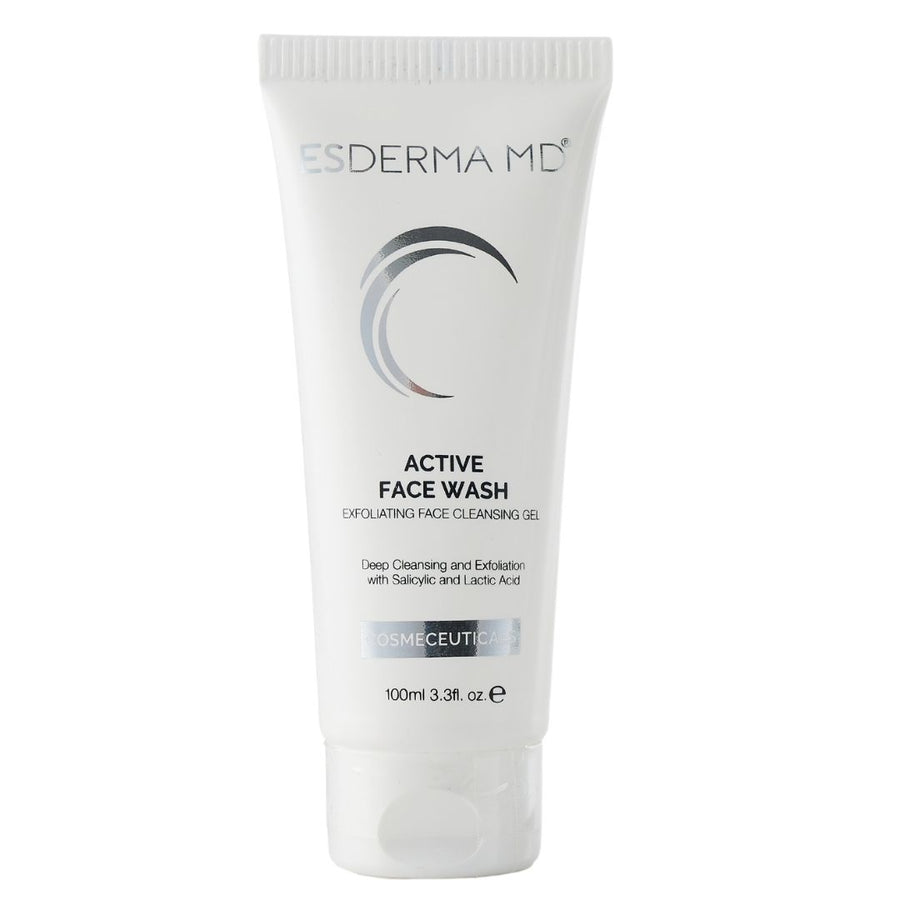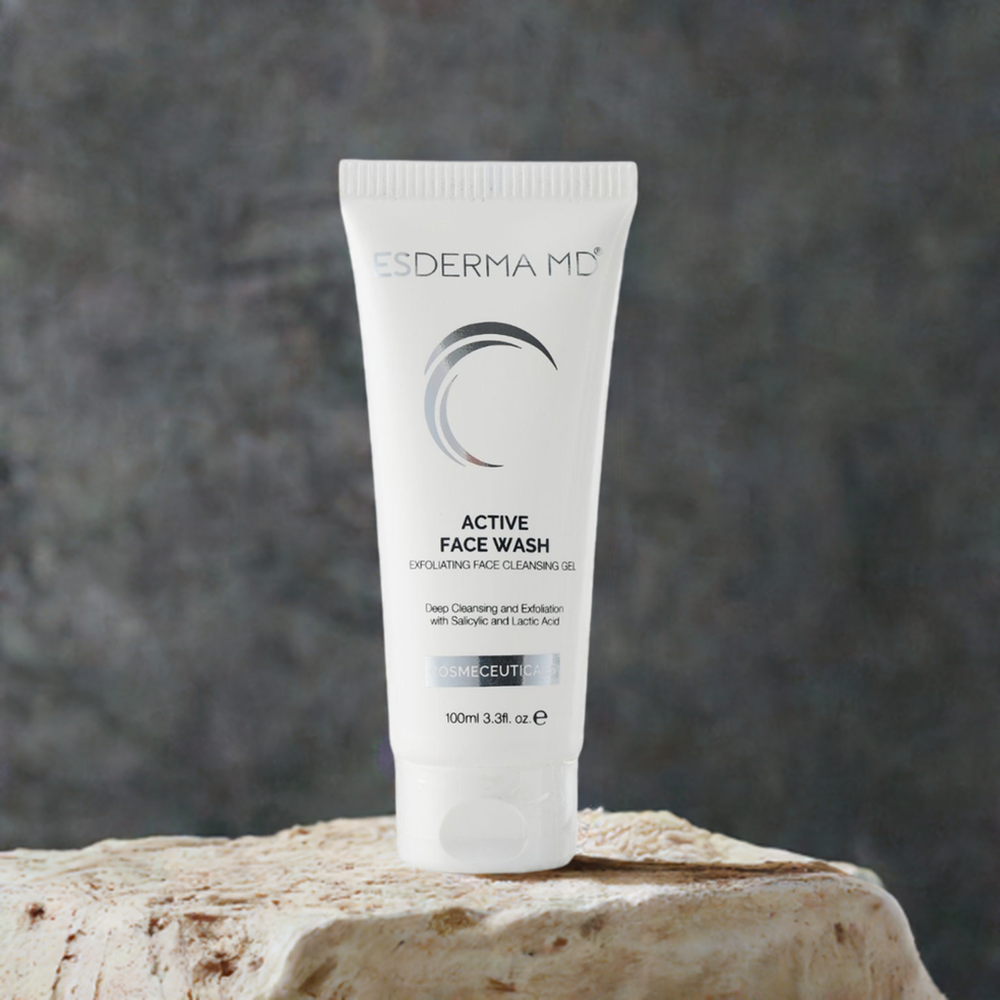Vitamin C: Ein Geschenk der Natur
Die wundersamen Vorteile von Vitamin C für Ihre Haut
Was ist Vitamin C und warum ist es für Ihre Haut wichtig?
Vitamin C ist ein starkes Antioxidans, das auf natürliche Weise in vielen Obst- und Gemüsesorten wie Orangen, Zitronen, Kiwis, grünem Blattgemüse und Paprika vorkommt. Dieser essentielle Nährstoff ist nicht nur für die allgemeine Gesundheit von Vorteil, sondern spielt auch eine entscheidende Rolle bei der Erhaltung jugendlicher, strahlender Haut. In den letzten Jahren ist Vitamin C dank seiner zahlreichen Vorteile zu einem festen Bestandteil von Hautpflegeprodukten geworden.
Die starken antioxidativen Vorteile von Vitamin C
Vitamin C ist für seine antioxidativen Eigenschaften bekannt, die die Haut vor Schäden durch freie Radikale schützen. Diese instabilen Moleküle können den Alterungsprozess beschleunigen und zu Falten, feinen Linien und stumpfer Haut führen. Durch die Neutralisierung freier Radikale hilft Vitamin C, einen jugendlichen Teint zu bewahren und verlangsamt sichtbare Zeichen der Hautalterung.
Die Kollagenproduktion mit Vitamin C ankurbeln
Einer der herausragenden Vorteile von Vitamin C ist seine Fähigkeit, die Kollagenproduktion anzukurbeln. Kollagen ist ein Protein, das der Haut Struktur und Elastizität verleiht. Mit zunehmendem Alter nimmt die Kollagenproduktion natürlich ab, was zu schlaffer Haut und Falten führt. Vitamin C stimuliert die Kollagensynthese, was zu festerer, strafferer Haut und einer Verringerung der Erscheinung feiner Linien führt.
Verblassende dunkle Flecken und ein ebenmäßiger Hautton
Vitamin C ist sehr wirksam bei der Behandlung von Hyperpigmentierung, wie dunklen Flecken und ungleichmäßigem Hautton. Durch die Hemmung des für die Melaninproduktion verantwortlichen Enzyms hilft Vitamin C, dunkle Flecken aufzuhellen und einen gleichmäßigeren Teint zu erzeugen. Bei regelmäßiger Anwendung wird die Haut glatter, strahlender und gleichmäßiger getönt.
Schutz vor Sonnenschäden
Obwohl Vitamin C kein Ersatz für Sonnenschutzmittel ist, bietet es zusätzlichen Schutz vor den schädlichen Auswirkungen von UV-Strahlen. Vitamin C repariert durch Sonneneinstrahlung verursachte Schäden und stärkt die Abwehrmechanismen der Haut, was es zu einer wertvollen Ergänzung jeder Sonnenschutzroutine macht.
So integrieren Sie Vitamin C in Ihre Hautpflegeroutine
Vitamin-C-Hautpflegeprodukte sind am häufigsten in Form von Serum oder Creme erhältlich. Für optimale Ergebnisse tragen Sie morgens nach der Reinigung Ihrer Haut ein leichtes Vitamin-C-Serum auf Gesicht und Hals auf. Tragen Sie anschließend ein Breitband-Sonnenschutzmittel auf, um Ihre Haut vor weiteren Sonnenschäden zu schützen. Konsistenz ist der Schlüssel, also integrieren Sie Vitamin C in Ihre tägliche Hautpflege, um die besten Ergebnisse zu erzielen.
Ist Vitamin C gut für Ihre Haut?
Vitamin C ist für die meisten Hauttypen geeignet und besonders vorteilhaft für Personen mit Alterserscheinungen, Sonnenschäden oder Pigmentstörungen. Da jedoch jede Haut einzigartig ist, sollten Sie einen Hautpflegeexperten konsultieren, um herauszufinden, wie Sie Vitamin C am besten in Ihre Routine integrieren können.
Fazit: Entdecken Sie das Geheimnis strahlender Haut mit Vitamin C
Vitamin C ist ein echter Game-Changer in der Hautpflege. Seine Fähigkeit, Kollagen zu fördern, vor freien Radikalen zu schützen, dunkle Flecken zu verblassen und vor Sonnenschäden zu schützen, macht es zu einem unverzichtbaren Inhaltsstoff für gesunde, jugendliche Haut. Bei regelmäßiger Anwendung mit den richtigen Produkten kann Vitamin C der Schlüssel zu einem strahlenden Teint sein.
Häufig gestellte Fragen
Wann ist der beste Zeitpunkt, um Vitamin-C-Serum aufzutragen?
Der beste Zeitpunkt zum Auftragen des Vitamin-C-Serums ist morgens, nach der Reinigung der Haut und vor dem Auftragen von Sonnenschutzmittel.
Kann Vitamin C bei jedem Hauttyp angewendet werden?
Ja, Vitamin C ist grundsätzlich für alle Hauttypen unbedenklich, es wird jedoch immer empfohlen, zuerst einen Patch-Test durchzuführen oder einen Hautpflegeexperten zu konsultieren.
Wie lange dauert es, bis Vitamin C Ergebnisse zeigt?
Die Ergebnisse können unterschiedlich ausfallen, viele Menschen bemerken jedoch bereits nach 4–6 Wochen regelmäßiger Anwendung eine Verbesserung der Helligkeit und Beschaffenheit ihrer Haut.
Kann ich Vitamin-C-Serum mit anderen Wirkstoffen verwenden?
Vitamin C kann mit den meisten Wirkstoffen verwendet werden, aber es passt besonders gut zu Vitamin E und Ferulasäure. Vermeiden Sie jedoch die Verwendung mit Niacinamid oder Retinol, es sei denn, ein Dermatologe empfiehlt dies.
Hilft Vitamin C gegen Akne?
Obwohl Vitamin C kein Mittel gegen Akne ist, können seine entzündungshemmenden Eigenschaften dazu beitragen, die Rötung zu verringern und die Heilung von Aknenarben zu fördern.



